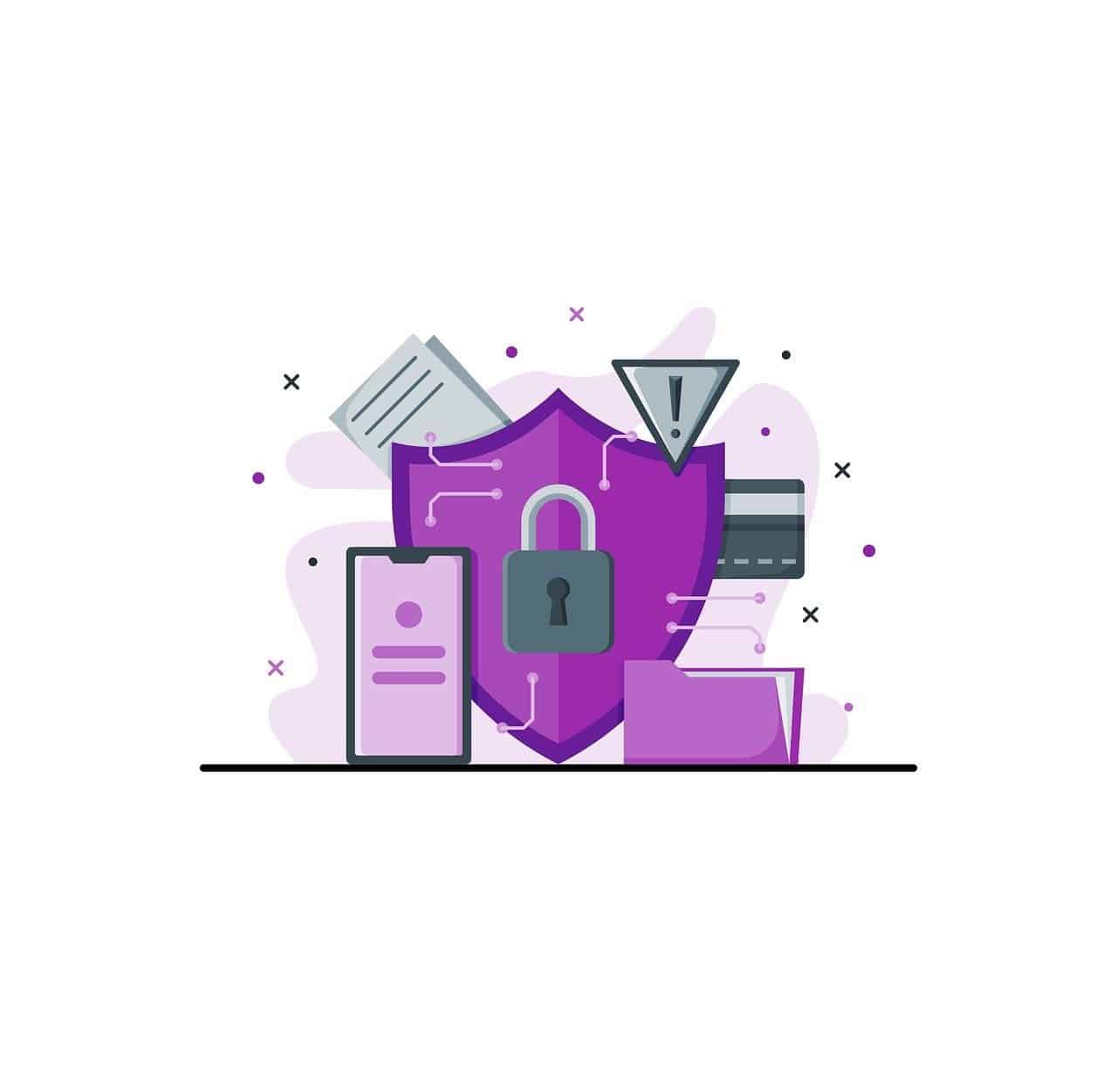
Distance education requires digital skills.
Digital competencies are the skills and knowledge that enable an individual to use information and communication technologies (ICT) efficiently and safely. These skills contribute to the integral development of the person, both at the work or academic level and in matters linked to socialization, culture and leisure.
Competence is a term that comes from the Latin word competentia . In this case, we are interested in its meaning as the aptitude or skill to do something. Digital , meanwhile, is an adjective that refers to the system based on the generation, storage, display and transfer of information through a combination of bits (a unit that measures the amount of information and is equivalent to the option between two possibilities that have the same probability).
It can be said, in this way, that digital skills are the knowledge necessary for web browsing , searching for online information, using social networks and other computer- related activities. Working towards digital inclusion so that all citizens can acquire these skills and take advantage of these tools and resources is an obligation of the State.
Its importance
Digital skills are key to acquiring knowledge of all kinds, establishing social ties, carrying out procedures with state organizations and accessing proposals from the entertainment industry. In fact, the division between the physical world and the virtual universe is increasingly imprecise or tenuous since both dimensions constantly intersect: knowing how to navigate the digital environment, therefore, is essential.
Digital skills are transcendental in many contexts. On the one hand, they increase the chances of being hired for a job . In many sectors, digital skills are essential to carry out work activities; Without them, it is impossible to be taken into account.
These skills also increase productivity . This is crucial for employees and entrepreneurs, who can take advantage of spreadsheets, word processing programs and other possibilities.
Digital skills, on the other hand, promote participation and collaboration . By facilitating interactions, the person has more chances to intervene in different issues.

Digital skills are necessary to maintain security on the Internet.
Types of digital skills
Digital skills can be classified or grouped in different ways. There are skills related to data analysis : the evaluation of digital sources, web analytics, the use of artificial intelligence tools to work with big data , etc. In these cases, the person is expected to be able to search, find and process information.
Another type of competition of this kind is one that allows the creation of digital content and its dissemination . Knowledge of SEO (search engine optimization) and SEM (search engine marketing), image editing and graphic design can be included in this group.
It cannot be failed to mention that the ability to develop online communication is also a very important type of digital competence. It involves being able to generate, transmit and receive messages over the Internet .
Nor should we forget the existence of more technical digital skills, which require specific training. This is the knowledge that makes programming and coding or application development possible, for example.

The future of work is often associated with an increasing demand for digital skills.
The role of the State
For more than a century it has been understood and accepted that the State has the obligation to guarantee the basic education of its citizens. In this framework, literacy (learning to read and write) was first taken into account and then other basic knowledge was added.
Today we know that "traditional" (analogue) training is not enough to satisfy needs or develop fully. That is why more and more governments are making a commitment to digital literacy .
Many countries have programs and initiatives to reduce the digital divide : that is, the abyss that arises between those who have access to these resources and know how to use them and those who do not. Training in digital skills includes subjects or subjects in schools but also educational electronic learning platforms (e-learning), aimed at those who already have a minimum knowledge base.
It should be noted that UNESCO highlights the importance of digital literacy, defining it as the ability to generate, understand and manage information through the safe and appropriate use of ICT. According to the organization, these digital skills are essential for the empowerment of individuals and to combat hate speech and misinformation.
Examples of digital skills
Suppose a person wants to sign up for a new telephone service . To learn about the different options, go to each company's website, where you interact with virtual assistants in chatbots. This way you access information about various plans and choose one, which you contract on the website of one of the companies. As can be seen, the entire procedure is possible since the subject in question has the necessary digital skills.
Take the case of a young man who notices how little available memory he has left on his phone. To overcome this problem, use a cloud storage service to save your photos and free up space on your device. You can develop this action thanks to your digital skills.
Let's now think about a woman who starts an artisanal baking business. As part of the work it carries out, it carries out digital marketing campaigns to publicize its proposals and creates an e-commerce store where customers can buy its products and pay for them remotely. Without digital skills, none of this would have been possible.
Participate in videoconferences to fulfill work tasks under the teleworking modality; complete MOOCs (massive open online courses) to earn online certifications; and consulting doctors via telemedicine are other examples of actions that involve the application of digital skills.
